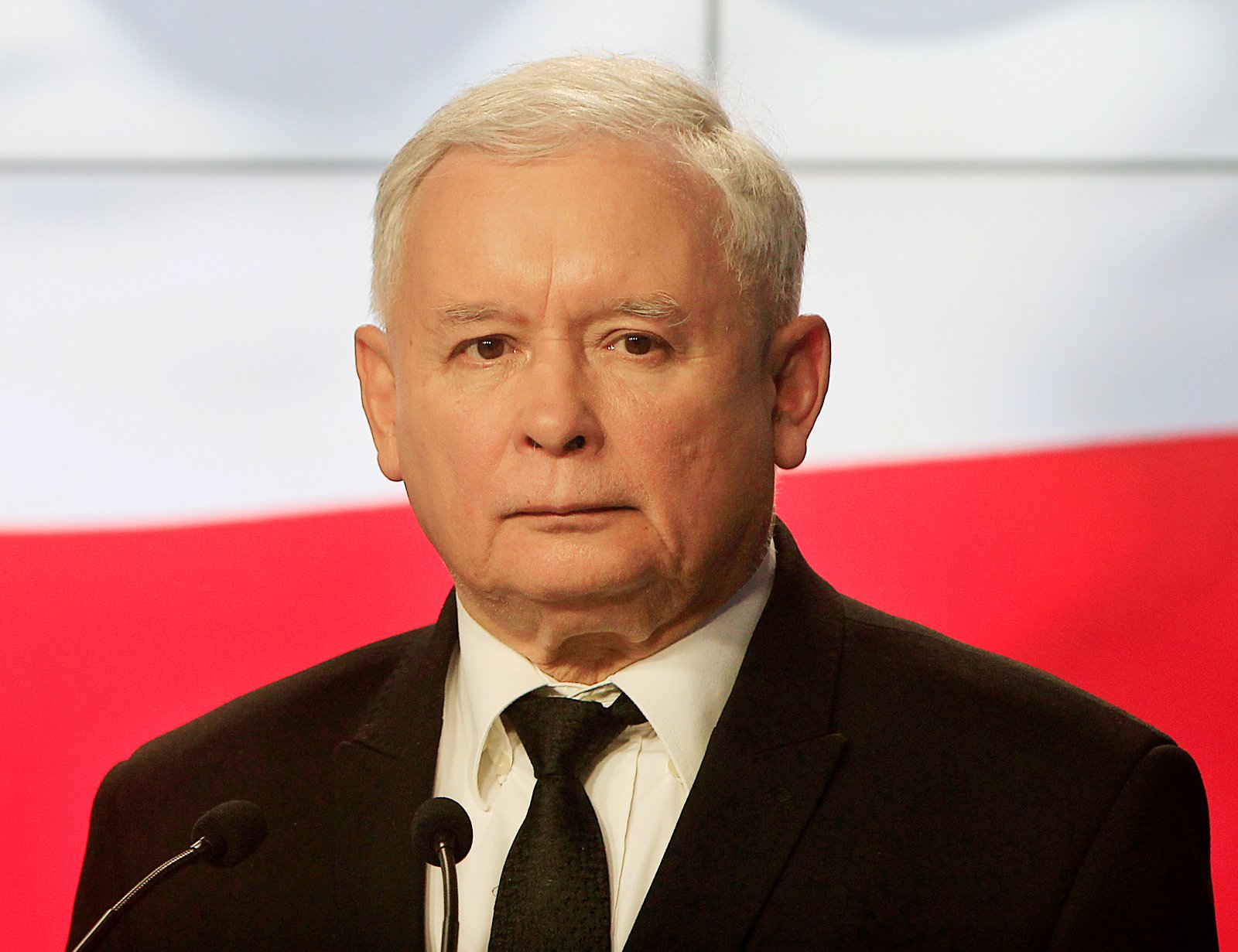

AP/Scanpix
(Starting on 11 January, this article and others like it will only be available to Corporate subscribers)
“Poland and Jaroslaw Kaczynski [the leader of the Law and Justice party] will never play or flirt with Russia. This is that political force’s clear and historical geopolitical vision. That vision is favourable for Lithuania, because Poland sees a certain geopolitical unity between Central Europe and the Baltic states. They will stop playing around with the great Western European states, which were beloved by both Donald Tusk and Radoslaw Sikorski. This Poland has come to unite the countries of Central Europe,” said political scientist Laurynas Kasčiūnas of the new Polish government’s perspective.
However, Rimvydas Valatka, a political commentator and signatory of Lithuania’s act of independence, believes that the current Polish government is becoming more and more radical and more and more similar to Hungary.
Responding to statements by members of the Europarliament that Polish leaders are taking steps similar to those taken by dictators, Valatka said, “I wouldn’t say that yet, but there certainly are some strange things. The Constitutional Court, for example. Once, when Wojciech Jaruzelski declared martial law, there was a lawyer named Stepen who was prosecuted by communist prosecutor Stanislaw Petrovic. Do you know who’s finishing that shake-up of the Constitutional Court right now? Stanislaw Petrovic – the communist prosecutor.” He later added, “Indeed, their decisions are very strange: first, the Constitutional Court, second, the media. Now, for me, as a friend of Poland, all that’s left is the hope that Kaczynski will decide to leave it at that.”
In Kasčiūnas’ opinion, “It would be good for us to discuss strategic questions with Poland: the containment of Russia, the strengthening of NATO in the region. Warsaw wants to do everything it can so that a NATO defensive force would appear in this region that could scare off Russia and ensure that our entire region would indeed be suitably protected. That is the current Polish government’s mission and goal, so we should only support this Polish vision.”
Valatka was not nearly as optimistic, however. “Yes, there’s an attempt to unify, but who hasn’t tried to unify eastern and central Europe? Nobody’s ever succeeded. I don’t think we should hope for a better relationship between Vilnius and Warsaw because the Polish minority and their unsolvable problems will always be a weight around our neck.”
Kasčiūnas responded by invoking the memory of the late former Polish president Lech Kaczynski (Jaroslaw Kaczynski’s twin brother), who died in a plane crash in 2010. “When he was elected, we all feared that we would only talk about diasporas, minorities and the like. But let’s remember Orlen’s arrival in Lithuania – that was a political and geopolitical decision to prevent Lukoil from moving in. That political force had the Rzeczpospolita‘s energetic vision and idea. The current political power can make willful decisions that could even defy economic logic in order to ensure regional safety. I am sure that Poland’s relationship with Germany will deteriorate. They already are. There will be more tension with EU institutions. Fir these issues, Lithuania will need the Baltic states to act as communication bridges between Poland and the EU.”
Valatka, while sceptical of the political changes in Poland, still saw opportunities for Lithuania, saying that the country should “eliminate the two or three hurdles that haven’t been solved for more than 20 years. It really would be useful for us to be with Poland. It’s good for us that Poland is trying to form a bloc of central and eastern European states. Of course, I wouldn’t want for Lithuania to become an exchangeable coin in Poland’s fight with Germany. That wouldn’t be useful for us. In fact, it would be better for us to convince the Poles, our brothers, that we need as little conflict as possible within the EU. We have a common foe that we should all be united against, instead of fighting amongst ourselves.”
While Prime Minister Gintautas Paluckas does not take issue with the statements made by the…
Lithuanian economists are surprised to see our country's economic growth: the Estonian economy has been…
"The fate of Nemuno Aušra (Dawn of Nemunas) in the coalition has been decided; they…
Airvolve, a Lithuanian dual-purpose aeronautics company, has successfully completed its first round of testing and…
The world is becoming smaller, more intertwined, and increasingly fragmented, with many of the previous…
In recent years, Vilnius, the vibrant capital of Lithuania, has experienced a culinary renaissance. While…